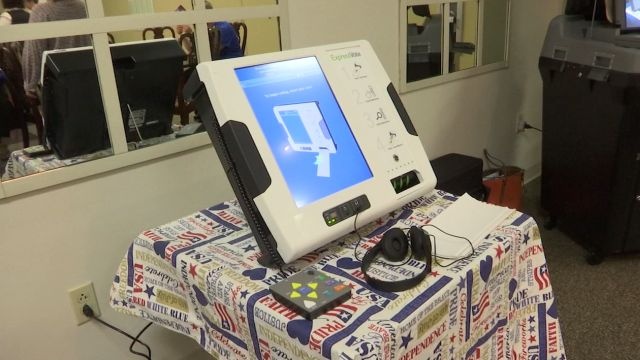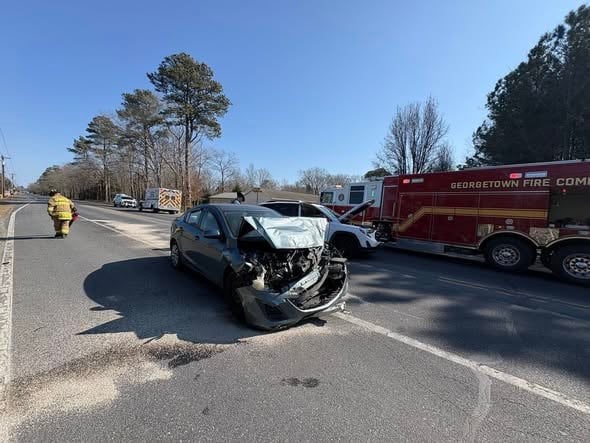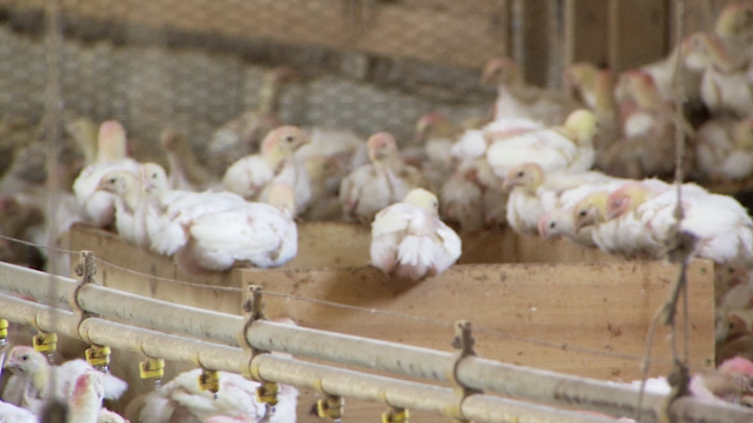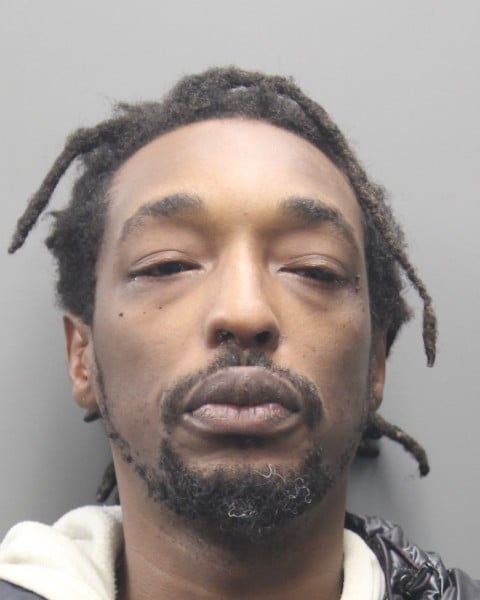Presidential Election Voter Forum for the disabled community

On November 8th, 2016, voters will have their chance to head to the polls and cast a ballot in the general election. This is a significant year for Maryland in that all the voters with disabilities now have the means to have their voices heard.
On September 28, 2016, Disability Rights Maryland hosted a presidential election voter forum, which gave an opportunity for voters with disabilities to ask questions and receive answers directly from the campaigns on issues of general interest to the disability community.
The advocacy group invited representatives from the local GOP and Democratic parties to participate. The Executive Director of Disability Rights Maryland, Virginia Knowlton Marcus, explains guests could ask them questions about the Trump and Clinton campaigns to see how they will focus on housing, education, employment, and transportation towards those with disabilities.
Marcus says, “The disability community represents a very large voting block often ignored traditionally but that is beginning to change.”
Besides the issues forum, people had the chance to register to vote and get information about their voting rights.
The local board of elections also brought the voting machine equipment for those with disabilities to teach them how to properly use it.
These touch screen machines lets voters go through each question thoroughly and have a chance to review their ballot before it is cast, through either headphones or raised brail.
This machine then prints out the ballot, which poll workers can then put into the regular voting machine.
The entire state of Maryland will have access to these machines for a general election. These specialized voting machines were written into law in 2007. But until now, we were told Maryland did not have enough money to have these specialized machines available throughout the state. We are told under federal law, now all of the early voting centers and polling places on Election Day, will have at least one machine for voters with disabilities.
Marcus says, “We are overcoming a long history of segregation, marginalization, disenfranchisement, so it’s a process but I think that more and more, people with disabilities are understanding the important of voting and that the vote is our voice.”


